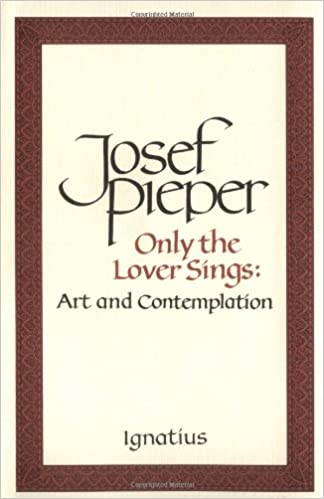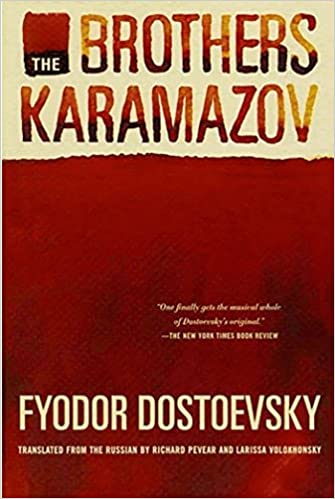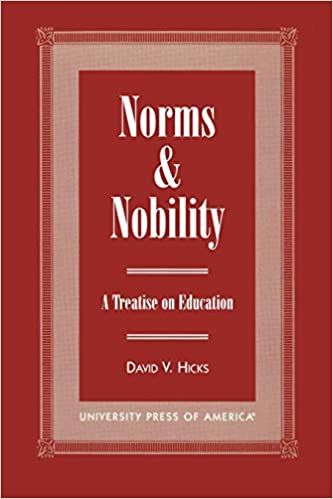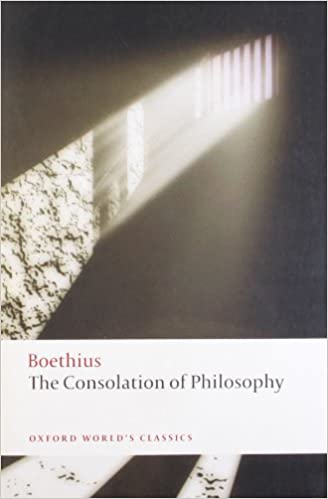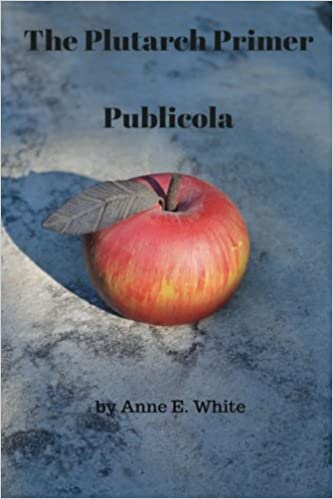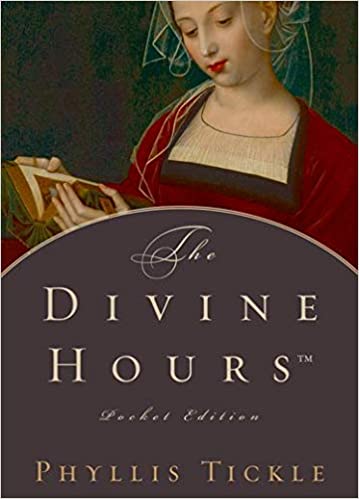Only the Lover Sings: Art and Contemplation
The popular and highly regarded Pieper speaks of the necessity for human persons to be able to contemplate and appreciate beauty to develop their full humanity. Pieper expresses succinctly that the foundation of the human person in society is leisure, free time in which one can contemplate, be receptive to being and its beauty.
More info →Leisure: The Basis of Culture
One of the most important philosophy titles published in the twentieth century, Josef Pieper's Leisure, the Basis of Culture is more significant, even more crucial, today than it was when it first appeared more than fifty years ago. This edition also includes his work The Philosophical Act. Leisure is an attitude of the mind and a condition of the soul that fosters a capacity to perceive the reality of the world. Pieper shows that the Greeks and medieval Europeans, understood the great value and importance of leisure. He also points out that religion can be born only in leisure -- a leisure that allows time for the contemplation of the nature of God. Leisure has been, and always will be, the first foundation of any culture. Pieper maintains that our bourgeois world of total labor has vanquished leisure, and issues a startling warning: Unless we regain the art of silence and insight, the ability for non-activity, unless we substitute true leisure for our hectic amusements, we will destroy our culture -- and ourselves.
More info →The Brothers Karamazov
"The Brothers Karamasov is a murder mystery, a courtroom drama, and an exploration of erotic rivalry in a series of triangular love affairs involving the “wicked and sentimental” Fyodor Pavlovich Karamazov and his three sons―the impulsive and sensual Dmitri; the coldly rational Ivan; and the healthy, red-cheeked young novice Alyosha. Through the gripping events of their story, Dostoevsky portrays the whole of Russian life, is social and spiritual striving, in what was both the golden age and a tragic turning point in Russian culture.
This award-winning translation by Richard Pevear and Larissa Volokhonsky remains true to the verbal
inventiveness of Dostoevsky’s prose, preserving the multiple voices, the humor, and the surprising modernity of the original. It is an achievement worthy of Dostoevsky’s last and greatest novel."
Norms and Nobility: A Treatise on Education
A reissue of a classic text, Norms and Nobility is a provocative reappraisal of classical education that offers a workable program for contemporary school reform. David Hicks contends that the classical tradition promotes a spirit of inquiry that is concerned with the development of style and conscience, which makes it an effective and meaningful form of education. Dismissing notions that classical education is elitist and irrelevant, Hicks argues that the classical tradition can meet the needs of our increasingly technological society as well as serve as a feasible model for mass education.
More info →Confessions
From Amazon:
"Augustine's fourth-century spiritual autobiography not only is a major document in the history of Christianity, a classic of Roman Africa, and the unchallenged model through the ages for the autobiographical record of the journey to self-knowledge, it also marks a vital moment in the history of Western culture.
As Augustine explains how, when, and why he became the man he is, he probes the great themes that others were to explore after himCfaith, time, truth, identity, and self-understanding--with a richness of detail unmatched in ancient literature. Dense with vivid portrayals of friends, family, colleagues, and enemies, The Confessions chronicles the passage from a life of sensuality and superstition to a genuine spiritual awakening--in a powerful narrative of one man's inner education that continues to shape the way we think and act today."
More info →The Consolation of Philosophy
Boethius composed De Consolation Philosophiae in the sixth century A.D. while awaiting death by torture, condemned on a charge of plotting against Gothic rule, which he protested as manifestly unjust. Though a Christian, Boethius details the true end of life as the soul's knowledge of God, and consoles himself with the tenets of Greek philosophy, not with Christian precepts.
Written in a form called Meippean Satire that alternates between prose and verse, Boethius' work often consists of a story told by Ovid or Horace to illustrate the philosophy being expounded. The Consolation of Philosophy dominated the intellectual world of the Middle Ages; it inspired writers as diverse Thomas Aquinas, Jean de Meun, and Dante. In England it was rendered into Old English by Alfred the Great, into Middle English by Geoffrey Chaucer, and later Queen Elizabeth I made her own translation. The circumstances of composition, the heroic demeanor of the author, and the Meippean texture of part prose, part verse have been a fascination for students of philosophy, literature, and religion ever since.
More info →The Plutarch Primer: Publicola
Publicola, one of the first consuls of the Roman Republic, was “the most eminent amongst the Romans” and “the fountain of their honour.” The Plutarch Primer includes vocabulary, discussion questions, and other aids for students and parents/teachers, plus edited text for Plutarch's Life of Publicola. It is designed especially for those who are new to the study of Plutarch.
More info →The Divine Hours
When Phyllis Tickle's marvelous devotional trilogy The Divine HoursTM appeared, readers responded with gratitude, praise, and a great many requests for an edition of hourly prayers that they could easily carry with them--an edition that would make this ancient form of Christian worship
compatible with the pace and mobility of modern life.
Now, in The Divine Hours Pocket EditionTM, Tickle has gathered one full week of fixed-hour prayers, providing an ideal companion for travelers, office-workers, people on retreat or pilgrimage, as well as newcomers to this age-old spiritual practice. As Tickle writes in her introduction, "prayer is
always a place as well as an action, and the daily offices are like small chapels or wayside stations within the day's courses." Seven of these daily offices are offered for each day of the week, and each office contains the Call to Prayer, the Request for Presence, the Greeting, the Reading, the
Gloria, the Psalm, the Small Verse, the Lord's Prayer, the Petition, and the Final Thanksgiving. Tickle draws her texts primarily from the Book of Common Prayer and the writings of the Church Fathers, and includes memorable devotional and meditative poems by Cleland McAfee, Charles Wesley, and
others. Tickle also provides a chapter of "Traditional, Seasonal, and Occasional Prayers" in order to accommodate special dates like Advent, Christmas, Easter, and Thanksgiving; major life-changes such as marriage, birth, death, and illness; and moments of special petition or thanksgiving.
For all those who want to carry a "small chapel" of prayers with them, The Divine Hours Pocket Edition offers a convenient, easy-to-use, and deeply spiritual guide to a devotional practice that extends all the way back to Christ and the twelve Apostles.

